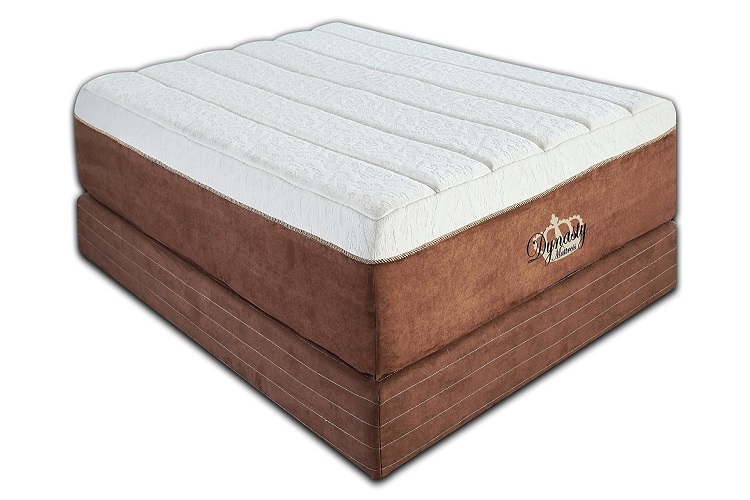The living room is often considered the heart of the home, where family and friends gather to relax and spend quality time together. As such, it is essential to create a space that is not only aesthetically pleasing but also promotes a sense of harmony and balance. In this article, we will share with you the top 10 free Feng Shui tips for your living room to help you create a peaceful and positive atmosphere in your home.Free Feng Shui Tips for Living Room: How to Create a Harmonious Space
1. Clear Clutter: The first step to creating good Feng Shui in any space is to declutter and get rid of any unnecessary items. A cluttered living room can create stagnant energy and block the flow of positive energy. 2. Let in Natural Light: Natural light is an essential element in Feng Shui. Make sure to open up your curtains or blinds during the day to let in plenty of natural light, which represents positive energy and vitality. 3. Use Soothing Colors: Choose colors that promote a sense of calm and relaxation, such as soft blues, greens, and earthy tones. Avoid using bright and bold colors, as they can be too stimulating for a living room. 4. Add Plants: Indoor plants not only add a touch of nature to your living room, but they also purify the air and promote good Feng Shui. Choose plants with round or oval-shaped leaves, as they represent balance and harmony. 5. Arrange Furniture for Good Energy Flow: In Feng Shui, the way furniture is arranged can greatly affect the energy flow in a room. Avoid placing furniture in a way that blocks the natural flow of movement and energy. 6. Incorporate Natural Elements: Bring in elements of nature such as wood, stone, and water to create a harmonious and balanced living room. These elements represent the five elements in Feng Shui and promote a sense of grounding and stability. 7. Use Mirrors Strategically: Mirrors can be powerful tools in Feng Shui, as they can reflect and amplify positive energy. Place mirrors in a way that they reflect natural light and beautiful views to bring in positive energy into your living room. 8. Keep Electronics to a Minimum: Too many electronic devices in the living room can create electromagnetic fields that can disrupt the flow of energy. Try to keep electronics to a minimum and turn them off when not in use. 9. Incorporate Meaningful Artwork: Artwork can be a powerful tool in Feng Shui to bring positive energy into a space. Choose artwork that speaks to you and inspires positive emotions to create a harmonious living room. 10. Keep Your Living Room Clean and Tidy: A clean and tidy living room is essential for good Feng Shui. Make it a habit to regularly clean and organize your living room to maintain a positive and harmonious energy flow.10 Easy Feng Shui Tips for a Positive Living Room
By incorporating these easy Feng Shui tips into your living room, you can create a space that promotes a sense of harmony and balance. Remember that Feng Shui is not just about the physical aspects of a space, but also about creating a positive mindset and energy flow. With these tips, you can transform your living room into a serene and peaceful haven for you and your loved ones.Feng Shui Living Room: Tips to Bring Harmony and Balance
1. Find Your Commanding Position: In Feng Shui, the commanding position is the area in a room that gives you the most control and power. For the living room, it is best to sit facing the entrance of the room, with a solid wall behind you for support. 2. Avoid Sharp Edges: In Feng Shui, sharp edges are considered negative and can create negative energy in a space. Avoid furniture with sharp edges and opt for round or oval-shaped pieces instead. 3. Balance the Five Elements: The five elements in Feng Shui are wood, fire, earth, metal, and water. To create a harmonious living room, make sure to incorporate these elements in your decor and furniture choices. 4. Add a Water Feature: A small water feature, such as a tabletop fountain, can bring a sense of calm and tranquility to a living room. Just make sure to place it in the correct location according to Feng Shui principles. 5. Use Scented Candles: Scented candles can not only add a cozy ambiance to your living room, but they can also bring in positive energy. Choose scents such as lavender, rose, or sandalwood to promote relaxation and harmony.5 Essential Feng Shui Tips for Your Living Room
The way furniture is arranged in a living room can greatly affect the energy flow in the space. To create good Feng Shui in your living room, follow these tips: 1. Leave Space for Energy Flow: Make sure there is enough space for energy to flow freely in your living room. Avoid cluttering the space with too much furniture or decor. 2. Create a Conversation Area: Arrange furniture in a way that promotes conversation and connection, such as placing sofas and chairs facing each other. 3. Avoid Placing Furniture Under Beams: Beams can create a heavy and oppressive energy in a space. Avoid placing furniture directly under beams, and if you can't avoid it, use a canopy or fabric to soften the energy. 4. Place the TV Strategically: The TV can be a source of distraction and disrupt the flow of energy in a living room. Try to place it in a way that it is not the main focus of the room. 5. Allow for Natural Light: Make sure to arrange furniture in a way that allows for natural light to enter the room. Natural light represents positive energy and vitality in Feng Shui.Feng Shui Living Room Layout: How to Arrange Furniture for Good Energy
Incorporating Feng Shui principles into your living room can help create a serene and peaceful space for you and your family to relax and unwind. Remember to consider the physical layout of the room, as well as the energy flow and mindset when creating a harmonious living room.Create a Serene Living Room with These Feng Shui Tips
Colors play a significant role in Feng Shui, as they can affect the energy and mood in a space. When choosing colors for your living room, consider these Feng Shui principles: 1. Earthy Tones: Earthy tones such as beige, cream, and light brown represent stability and grounding energy in Feng Shui. They are great choices for a living room. 2. Calming Blues and Greens: Soft and calming shades of blue and green promote relaxation and harmony. They are great choices for a living room that you want to feel peaceful and serene. 3. Avoid Bold and Bright Colors: In Feng Shui, bright and bold colors can be too stimulating and create an imbalance of energy in a living room. It is best to avoid these colors and opt for more calming and soothing shades. 4. Use Red in Moderation: Red is a powerful color in Feng Shui, representing passion and high energy. However, too much red in a living room can create an overwhelming and aggressive energy. Use it sparingly as an accent color instead. 5. Consider Your Personal Preferences: Ultimately, the colors you choose for your living room should be based on your personal preferences and what makes you feel good. Trust your intuition and choose colors that make you feel happy and at ease.Feng Shui Colors for Living Room: How to Choose the Right Ones
Indoor plants not only add a touch of nature to your living room, but they can also bring in positive energy. Here are some tips for using plants in your living room according to Feng Shui: 1. Choose Round or Oval Leaves: In Feng Shui, plants with round or oval leaves represent balance and harmony. Choose plants such as peace lilies, rubber plants, and philodendrons for your living room. 2. Avoid Pointed or Sharp Leaves: Plants with pointed or sharp leaves, such as cacti, are considered negative in Feng Shui and should be avoided in the living room. 3. Use Plants with Soft and Flowing Energy: Plants with soft and flowing energy, such as ferns and ivy, are excellent choices for a living room. They promote a sense of calm and tranquility. 4. Place Plants in the Correct Location: According to Feng Shui, plants should be placed in specific areas to promote balance and harmony. For example, a plant with water elements should be placed in the north or east area of the living room. 5. Take Good Care of Your Plants: In Feng Shui, dead or dying plants represent negative energy. Make sure to take good care of your plants and replace them if they start to wither or die.Feng Shui Living Room Plants: How to Use Them for Positive Energy
Mirrors are powerful tools in Feng Shui and can be used to enhance the energy flow in a living room. Here are some tips for mirror placement in your living room: 1. Place Mirrors to Reflect Natural Light: Mirrors can reflect and amplify natural light, which represents positive energy in Feng Shui. Place mirrors in a way that they reflect windows or other sources of natural light. 2. Avoid Placing Mirrors Facing Doors: In Feng Shui, mirrors facing doors are considered bad luck and can create negative energy. Avoid placing mirrors in this location in your living room. 3. Use Mirrors to Create a Sense of Space: Mirrors can make a room appear larger and more spacious. Use them strategically in a small living room to create a feeling of openness and flow. 4. Place Mirrors at Eye Level: In Feng Shui, the height of a mirror can affect its energy. For good energy flow, place mirrors at eye level or slightly higher. 5. Avoid Placing Mirrors in the Bedroom Area: According to Feng Shui, having mirrors in the bedroom can disrupt the flow of energy and affect sleep. Avoid placing mirrors in this area of your living room.Feng Shui Living Room Mirror Placement: Tips for Good Energy Flow
Lastly, here are some general tips for creating a balanced and beautiful living room according to Feng Shui: 1. Incorporate Meaningful Decor: Decor items that hold special meaning or bring positive emotions can enhance the energy in a living room. Choose items that speak to you and make you feel good. 2. Keep the Space Clutter-Free: Clutter can create stagnant energy and affect the flow of positive energy in a living room. Make sure to keep surfaces and shelves clutter-free to promote good energy flow. 3. Use Soft Lighting: In Feng Shui, soft and warm lighting is preferred over harsh and bright lighting. Use lamps and soft lighting fixtures to create a cozy and welcoming atmosphere in your living room. 4. Choose Furniture with Soft Edges: As mentioned earlier, sharp edges are considered negative in Feng Shui. Choose furniture with soft and rounded edges to promote a sense of harmony and balance in your living room. 5. Trust Your Intuition: Ultimately, Feng Shui is about creating a space that feels good and promotes positive energy. Trust your intuition and make choices that feel right to you when decorating your living room. With these 10 free Feng Shui tips for your living room, you can create a space that not only looks beautiful but also promotes a sense of harmony and balance. Remember to keep the space clutter-free, incorporate natural elements, and trust your intuition when decorating. Your living room will become a peaceful and positive haven for you and your loved ones to enjoy. Feng Shui Living Room Decor: Tips for a Balanced and Beautiful Space
Creating Balance with Feng Shui in Your Living Room
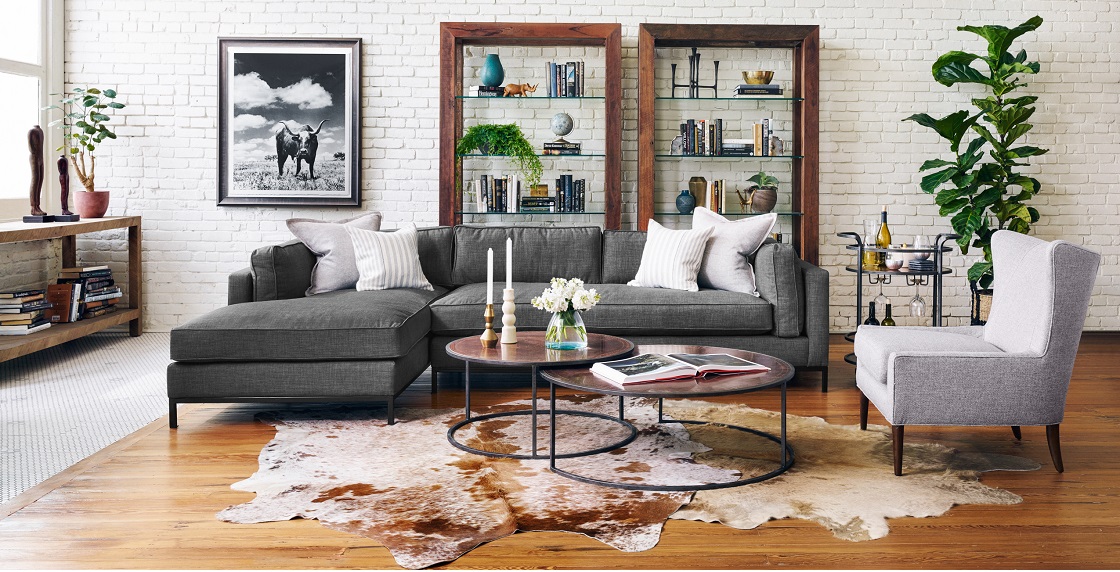
Achieving Harmony and Positive Energy
 In the previous paragraphs, we have discussed the importance of decluttering and incorporating the five elements of Feng Shui into your living room. However, to truly achieve balance and harmony in this space, there are a few additional tips to keep in mind.
Firstly, it is crucial to have a good flow of energy or "chi" in your living room. This can be achieved by arranging furniture in a way that promotes easy movement and doesn't block the natural flow of energy. Avoid placing large pieces of furniture in front of windows or doors, as this can disrupt the flow of chi and create a stagnant energy in the room.
Another important aspect of creating balance in your living room is to incorporate natural light and fresh air. Open up windows and let natural light flow in, as it is a symbol of positive energy. You can also add plants to your living room, as they represent the wood element and bring in vibrant energy.
Pro tip: Consider using
mirrors
strategically in your living room to reflect natural light and create the illusion of a larger space.
Lastly, it is essential to keep your living room clean and organized. A cluttered and chaotic space can disrupt the flow of energy and create a sense of unease. Make it a habit to regularly clean and declutter your living room, and you will notice a significant difference in the overall energy of the space.
Remember, achieving balance and harmony in your living room is not just about following strict rules and guidelines. It is also about creating a space that reflects your personality and brings you joy and peace.
By incorporating these tips into your living room design, you can create a space that not only looks beautiful but also promotes positive energy and brings a sense of balance to your home.
Ready to transform your living room with Feng Shui? Start implementing these tips today and watch as your living room becomes a space of harmony and positive energy.
In the previous paragraphs, we have discussed the importance of decluttering and incorporating the five elements of Feng Shui into your living room. However, to truly achieve balance and harmony in this space, there are a few additional tips to keep in mind.
Firstly, it is crucial to have a good flow of energy or "chi" in your living room. This can be achieved by arranging furniture in a way that promotes easy movement and doesn't block the natural flow of energy. Avoid placing large pieces of furniture in front of windows or doors, as this can disrupt the flow of chi and create a stagnant energy in the room.
Another important aspect of creating balance in your living room is to incorporate natural light and fresh air. Open up windows and let natural light flow in, as it is a symbol of positive energy. You can also add plants to your living room, as they represent the wood element and bring in vibrant energy.
Pro tip: Consider using
mirrors
strategically in your living room to reflect natural light and create the illusion of a larger space.
Lastly, it is essential to keep your living room clean and organized. A cluttered and chaotic space can disrupt the flow of energy and create a sense of unease. Make it a habit to regularly clean and declutter your living room, and you will notice a significant difference in the overall energy of the space.
Remember, achieving balance and harmony in your living room is not just about following strict rules and guidelines. It is also about creating a space that reflects your personality and brings you joy and peace.
By incorporating these tips into your living room design, you can create a space that not only looks beautiful but also promotes positive energy and brings a sense of balance to your home.
Ready to transform your living room with Feng Shui? Start implementing these tips today and watch as your living room becomes a space of harmony and positive energy.


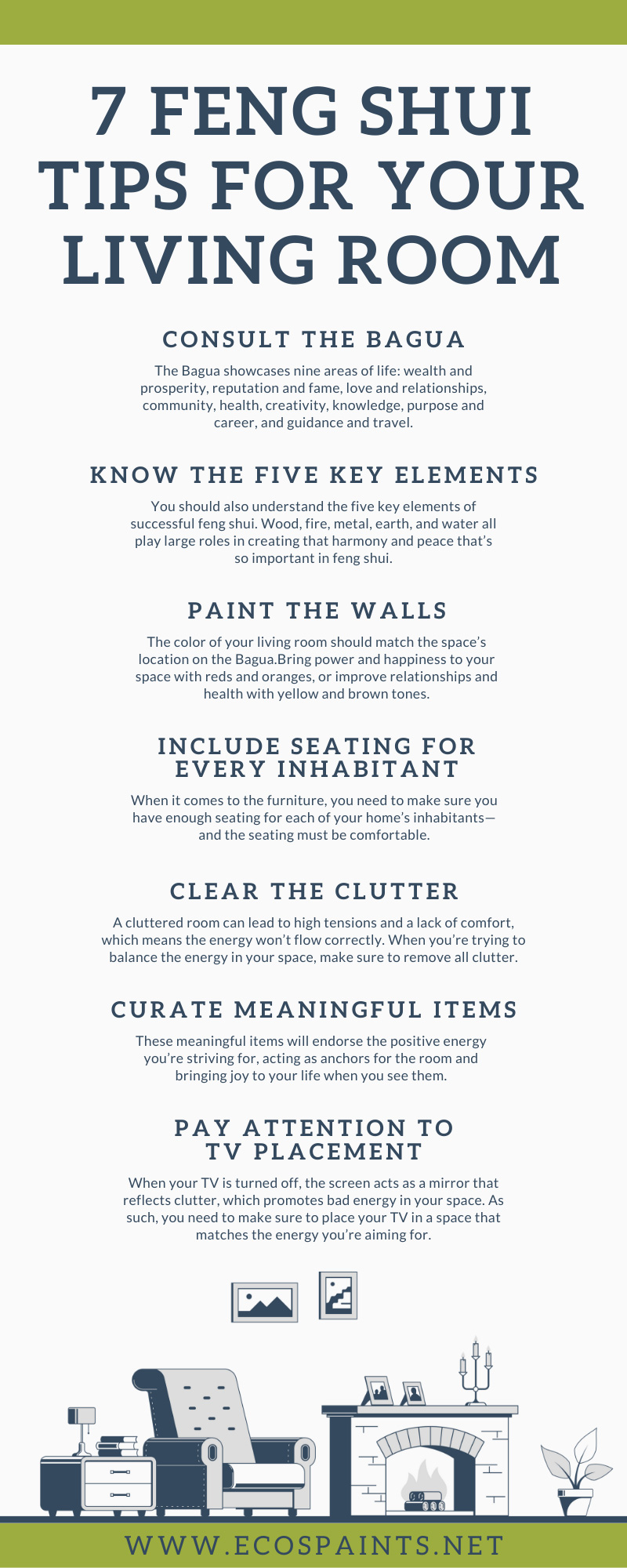
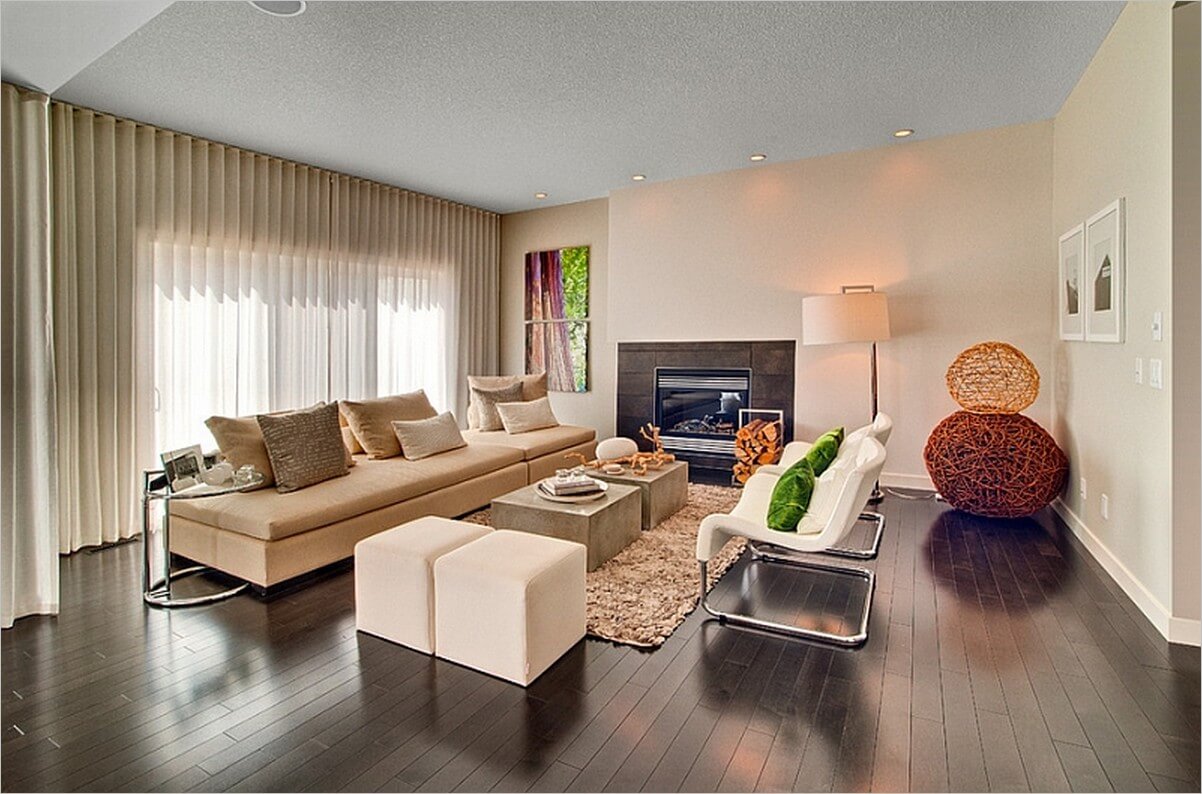
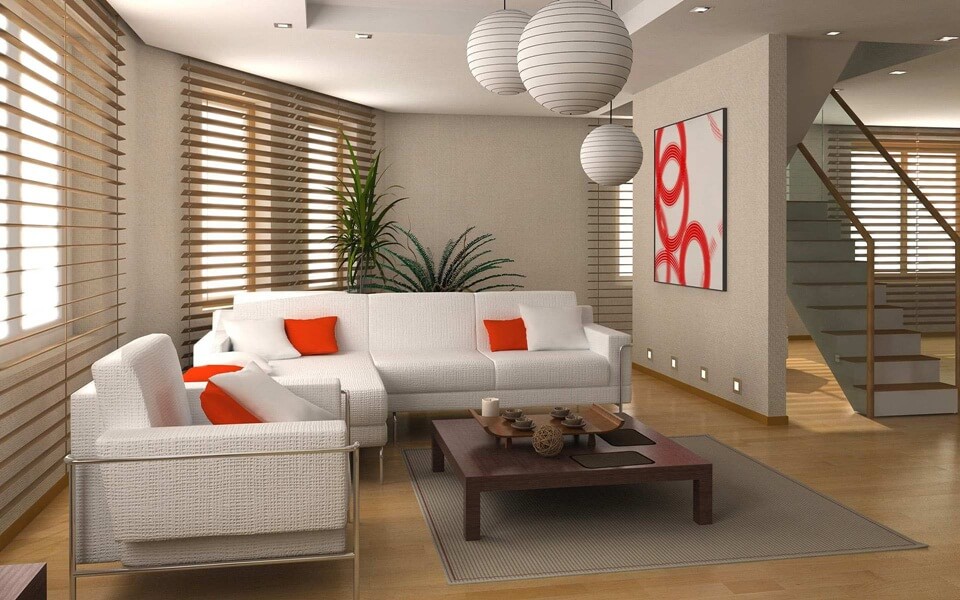


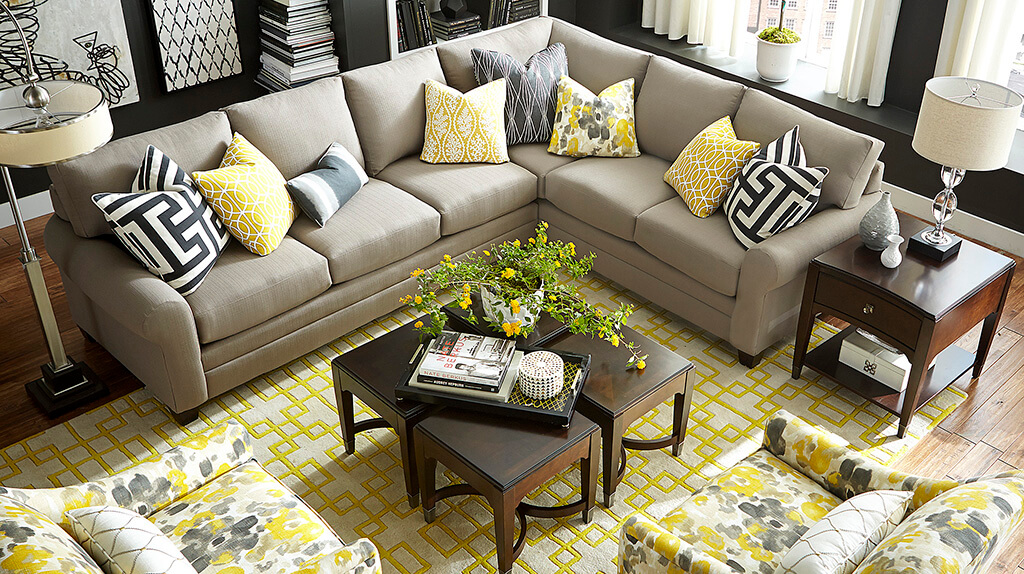
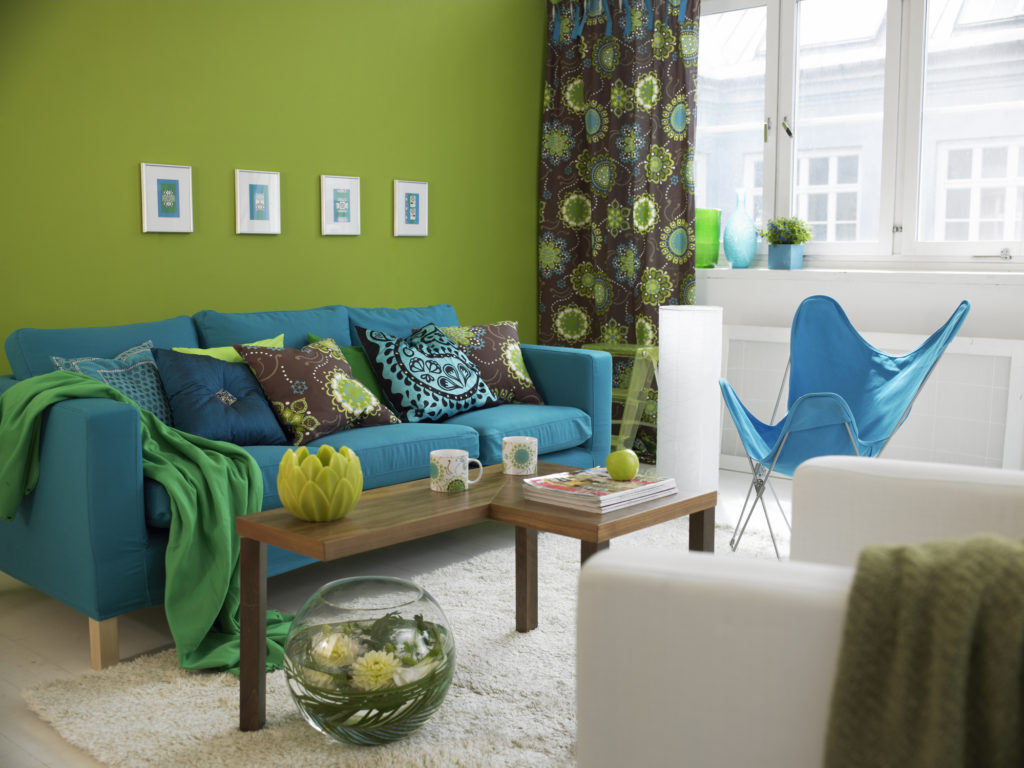

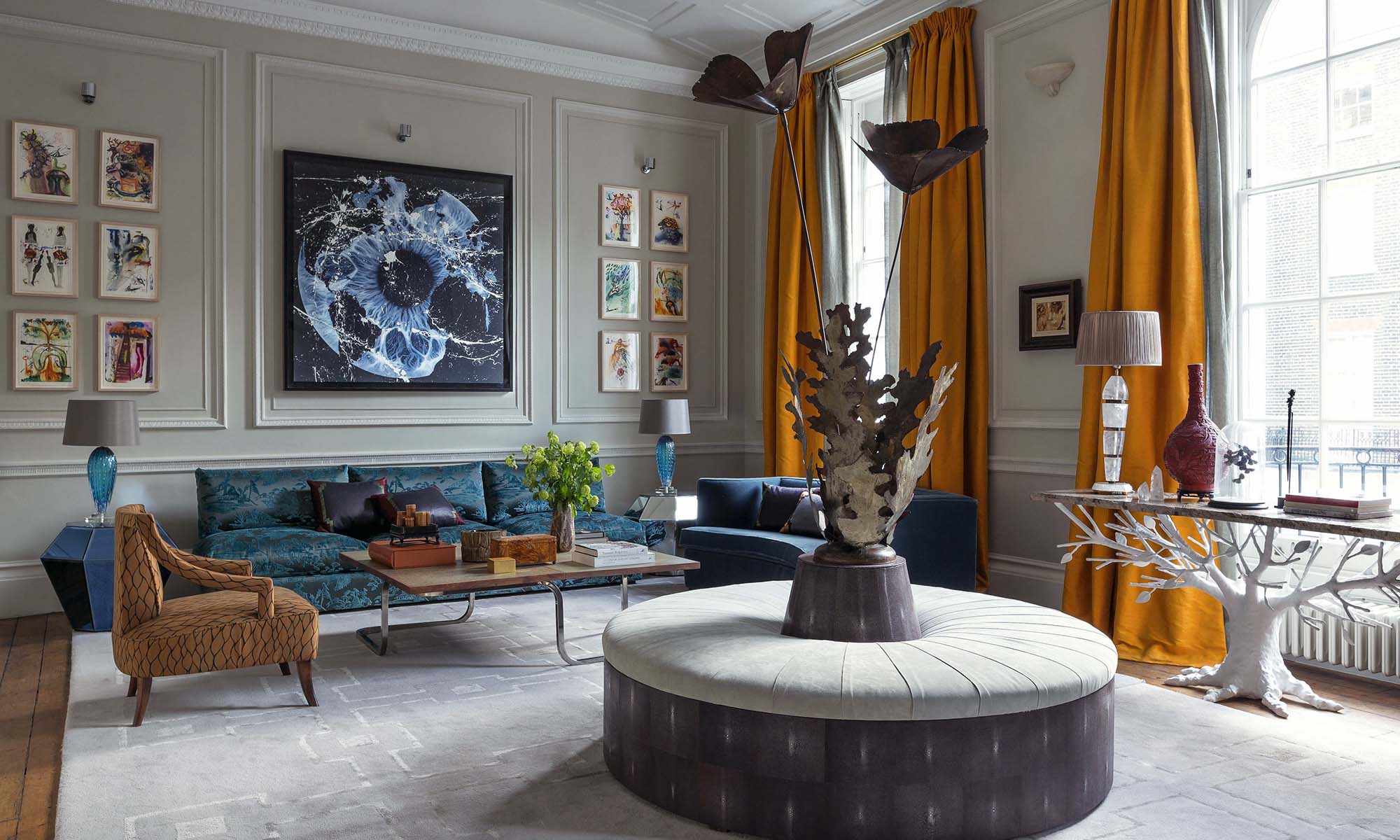
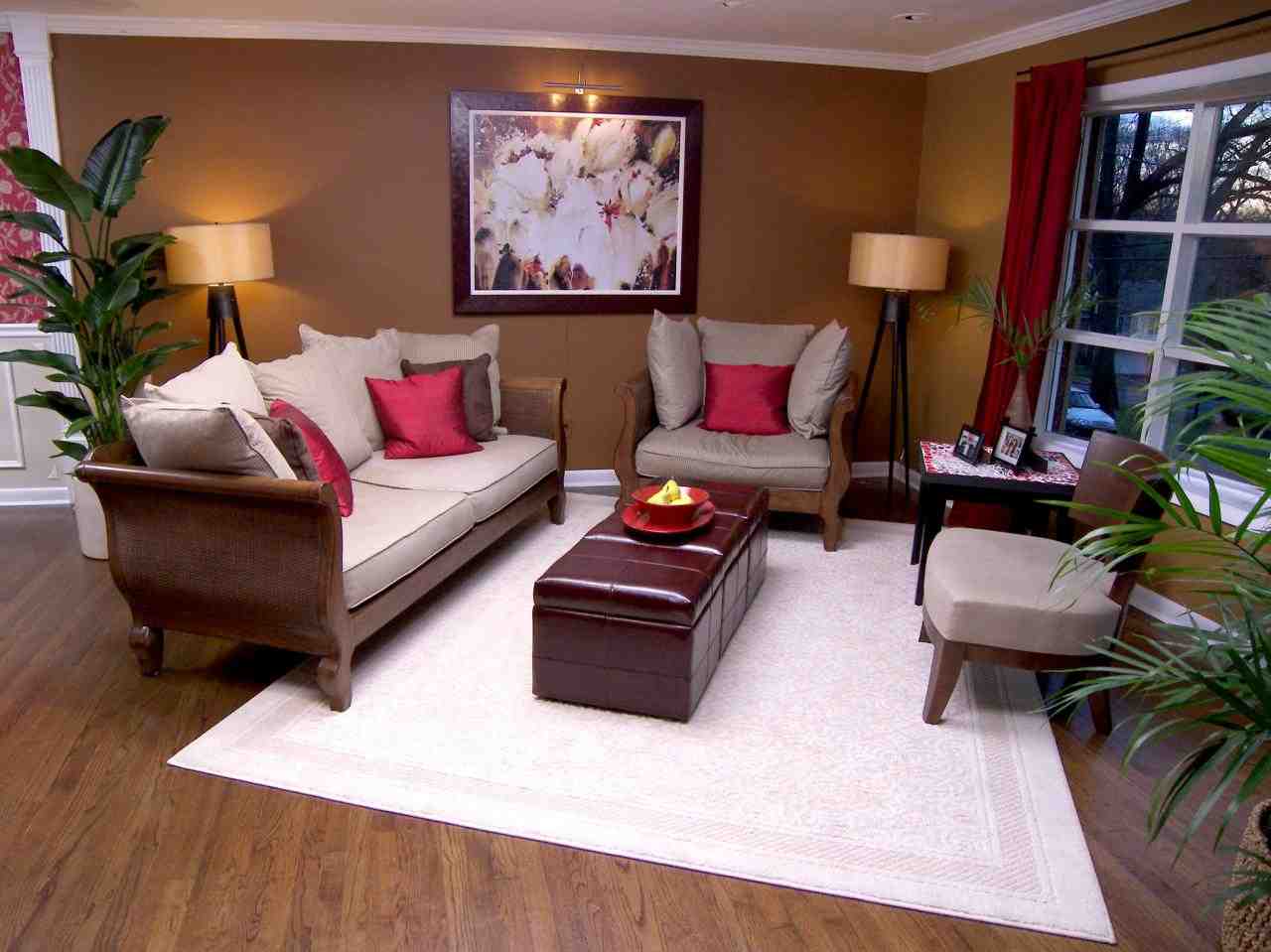
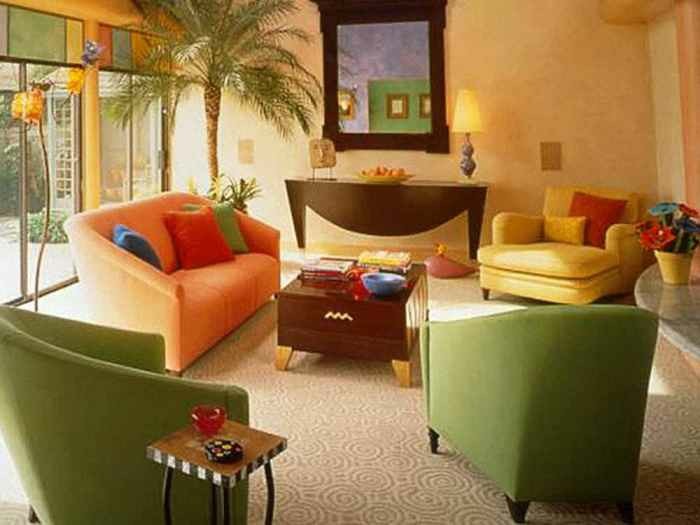



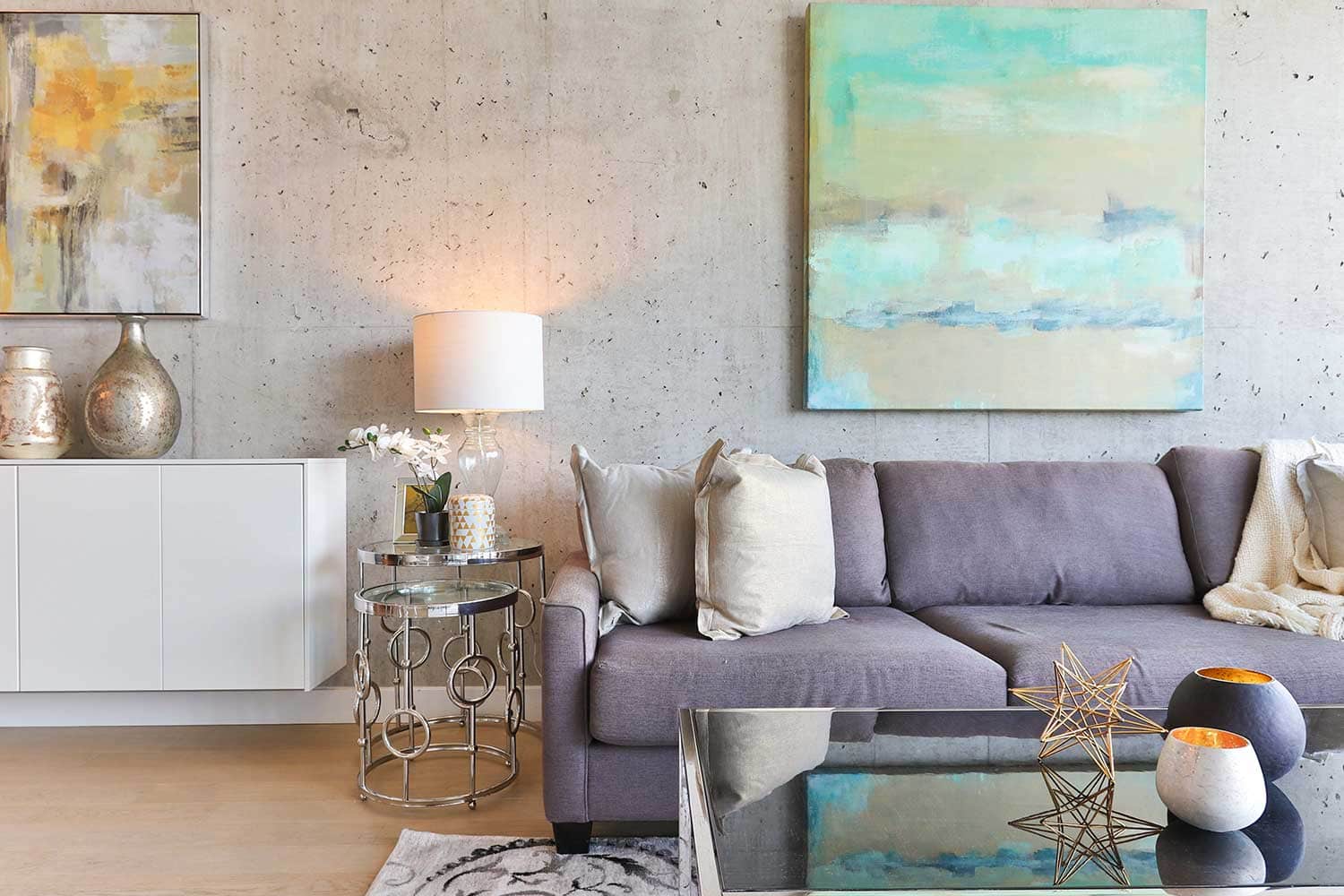
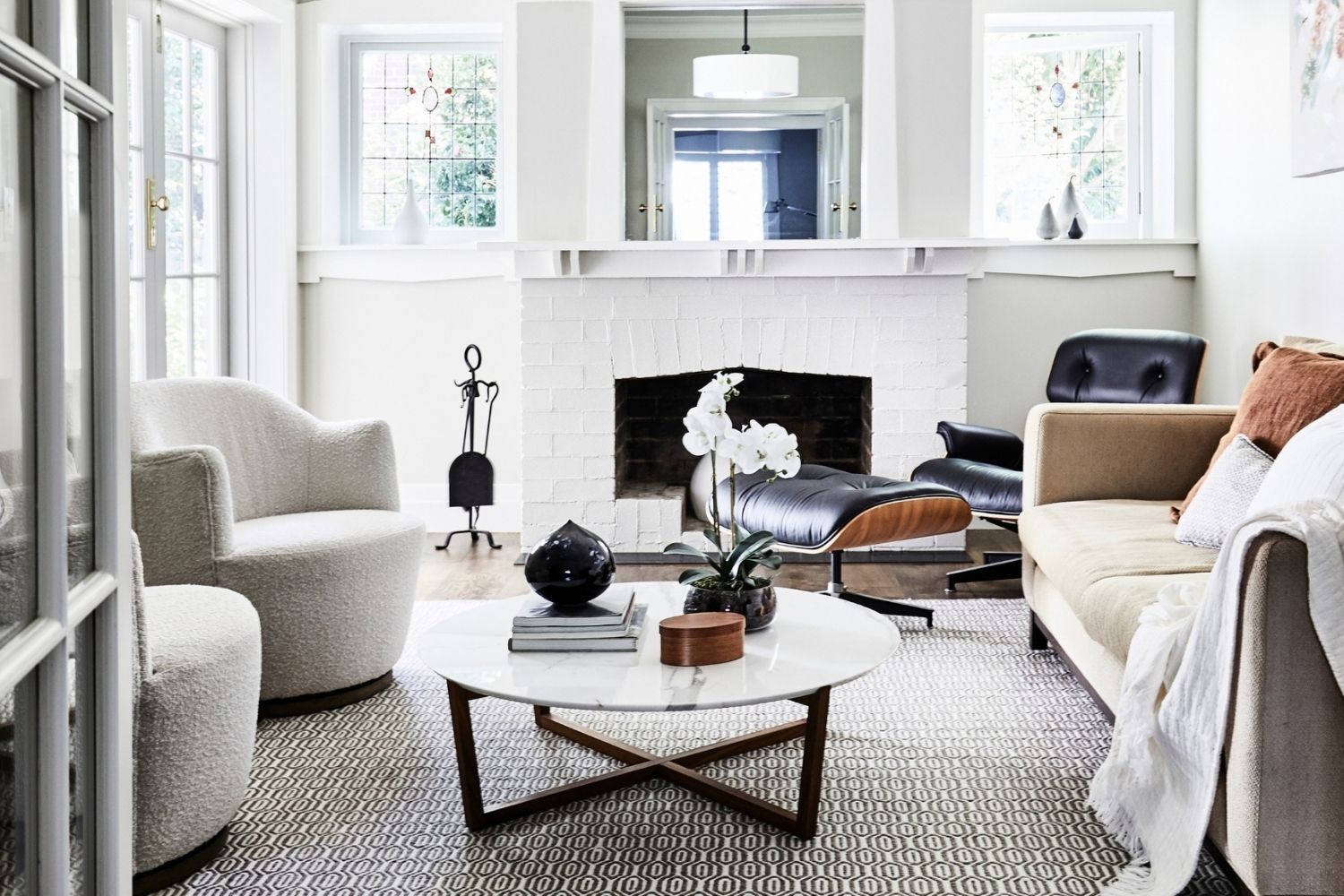


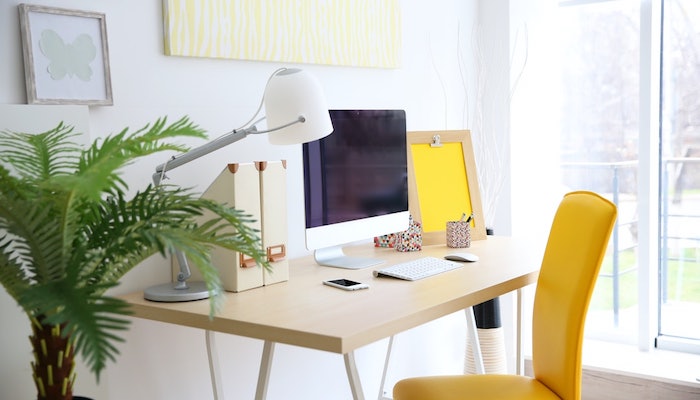



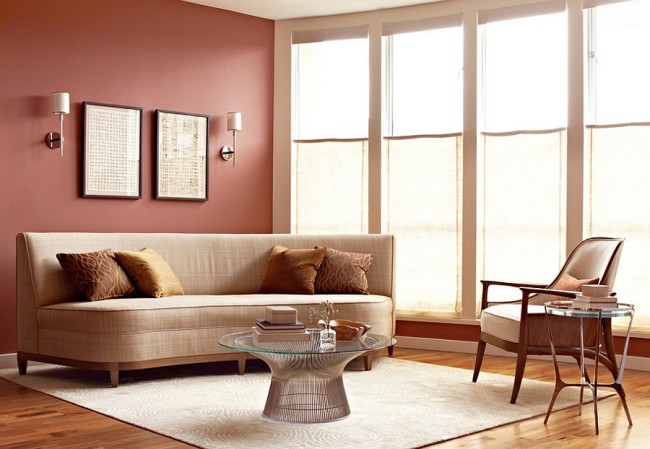



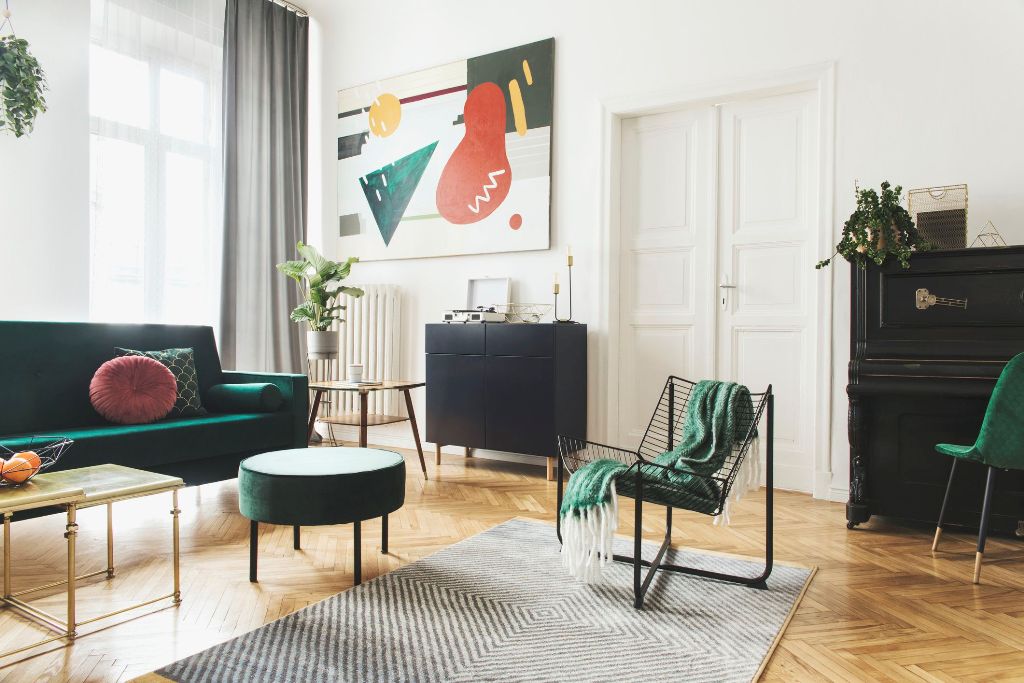


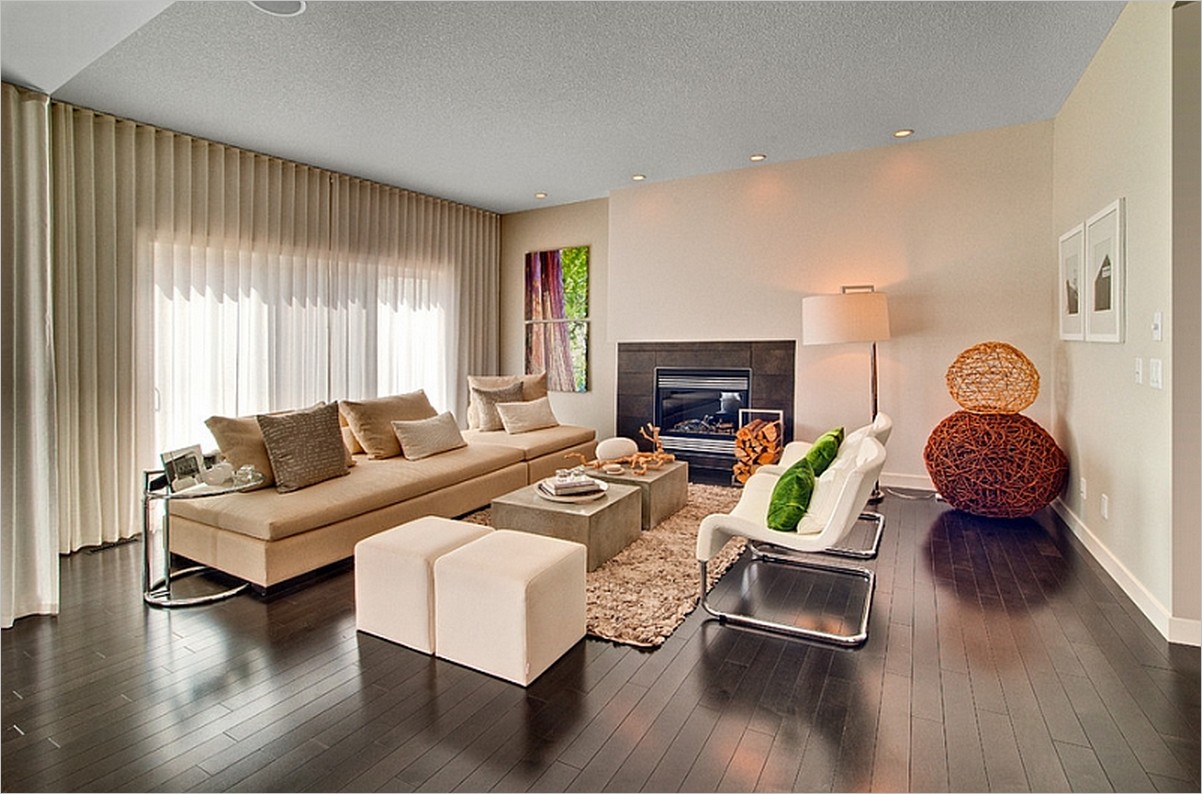



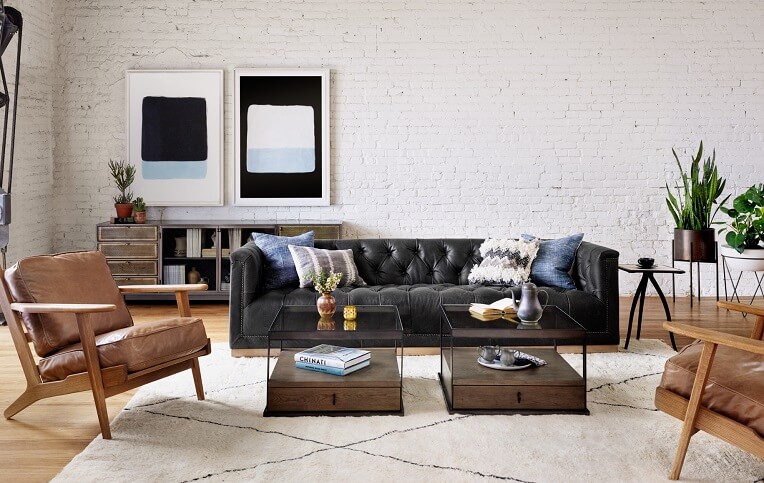
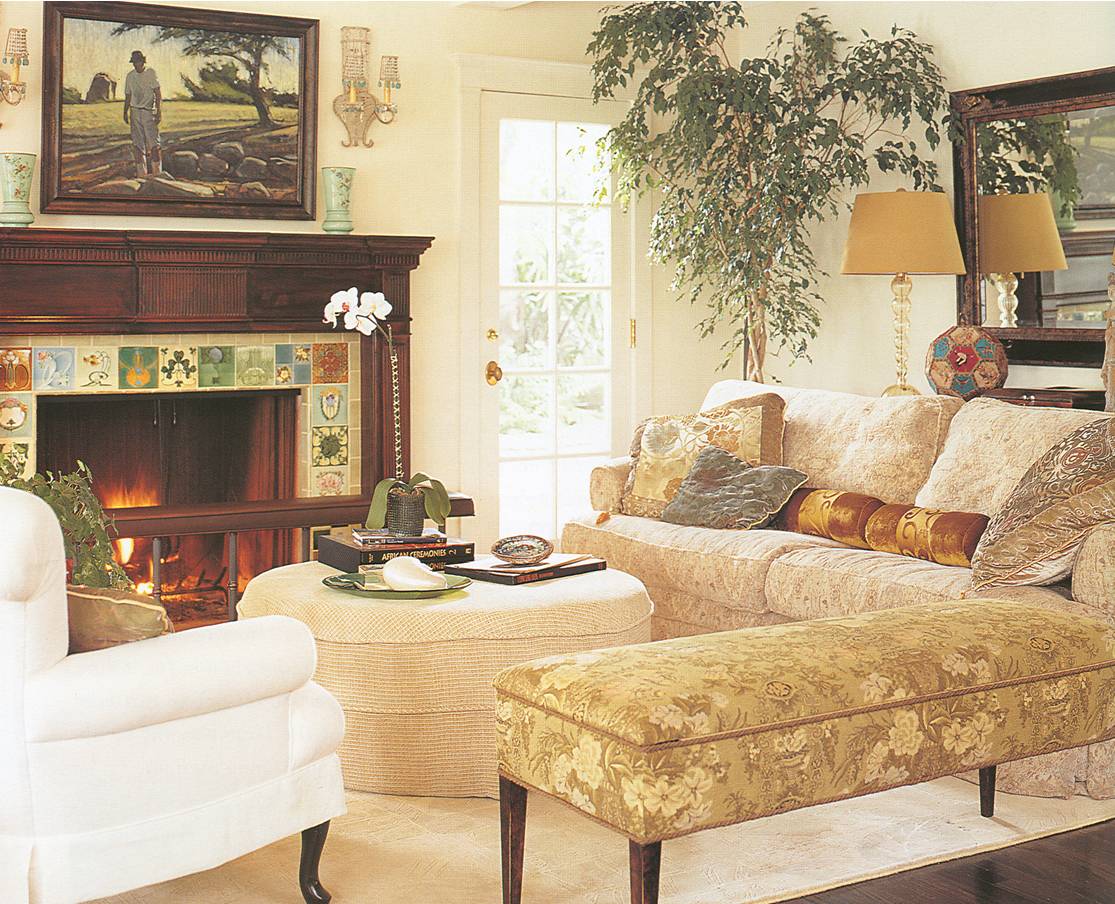
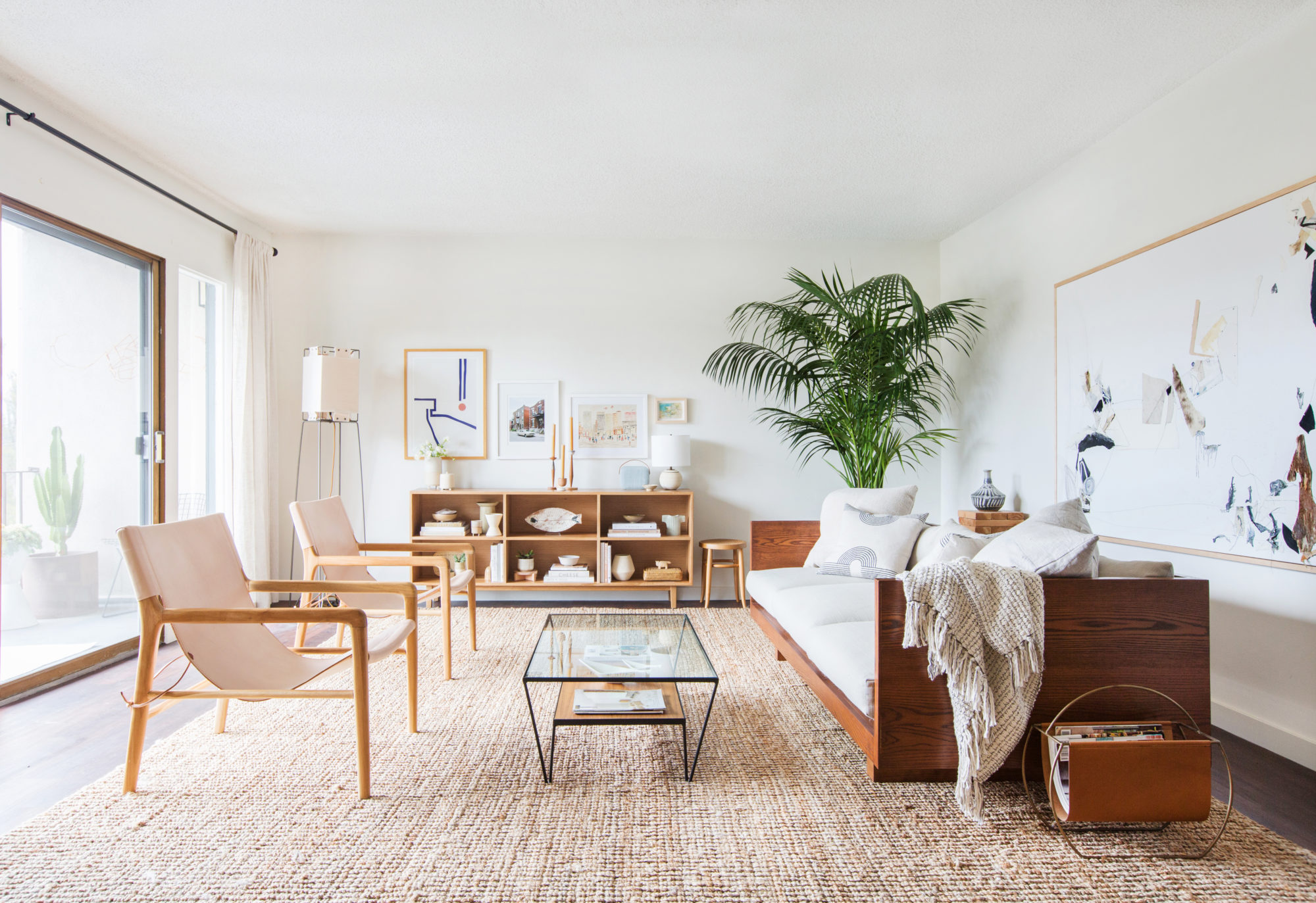




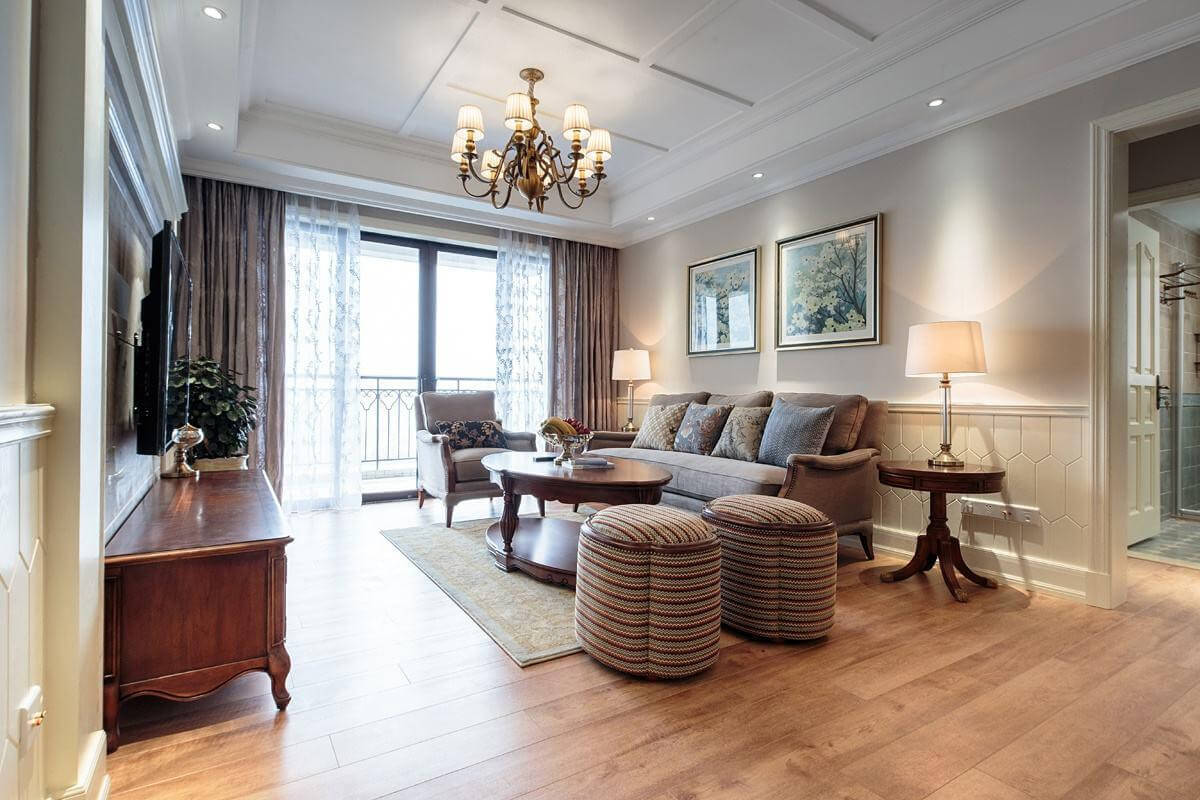
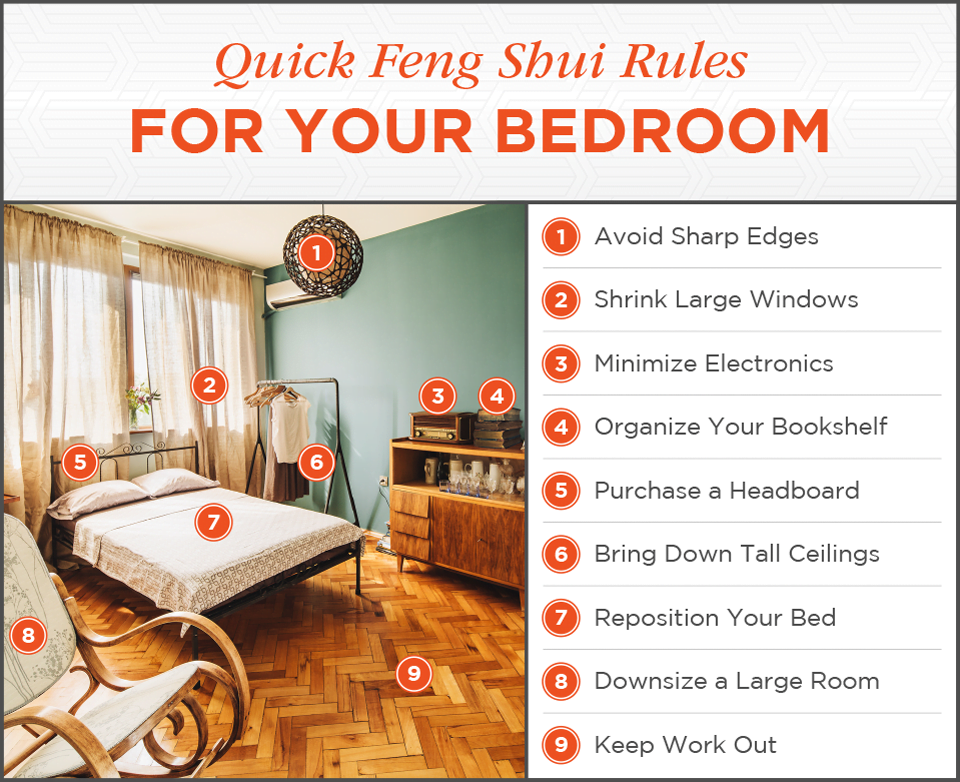
/GettyImages-1030845464-d9bf0a6179ff4601971a1ab963607969.jpg)

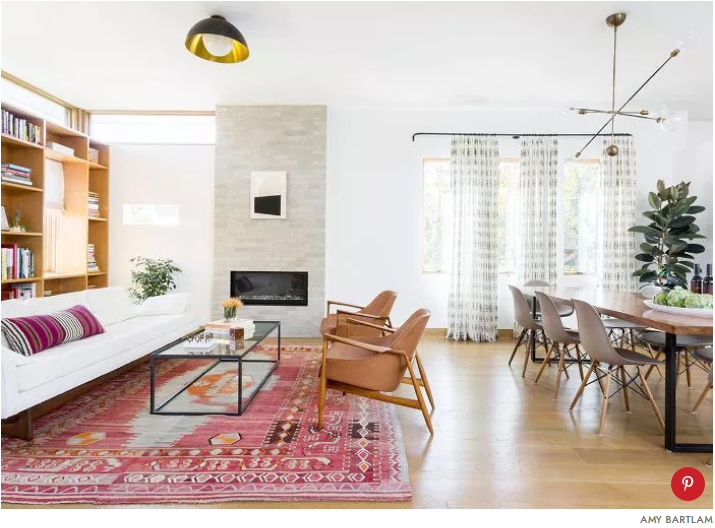
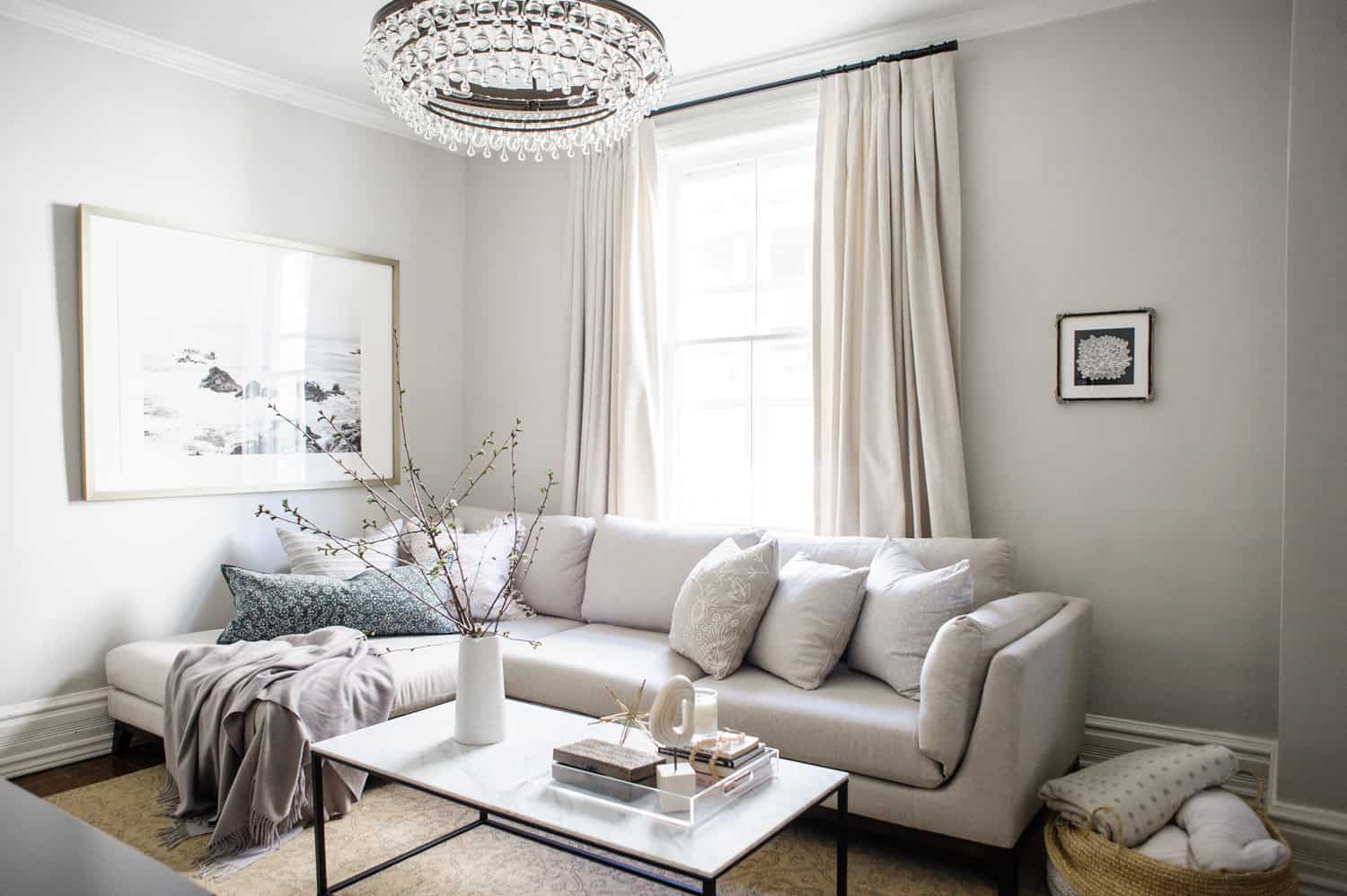

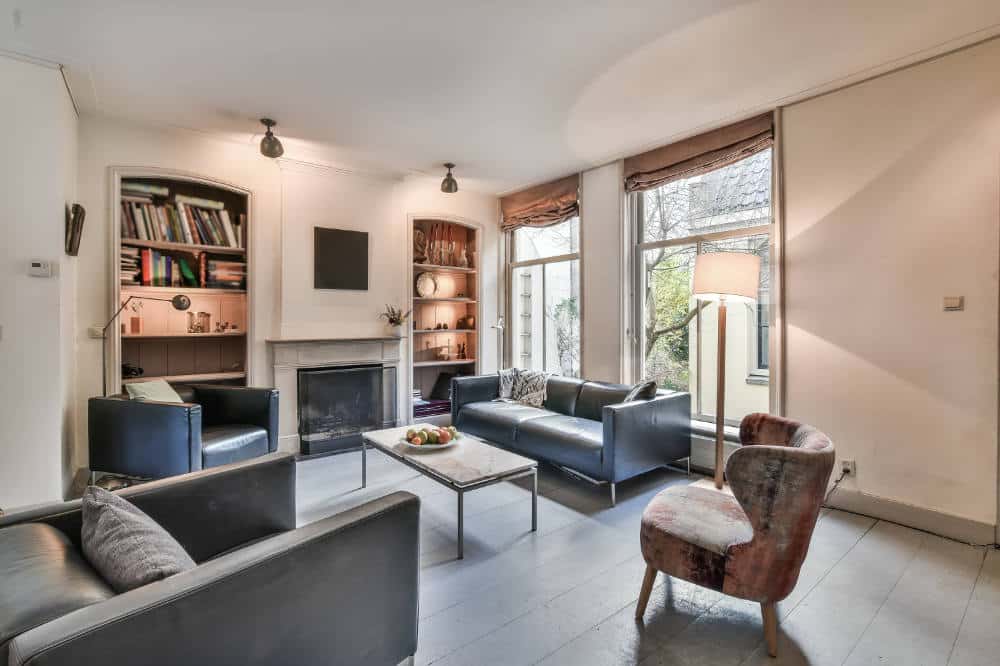

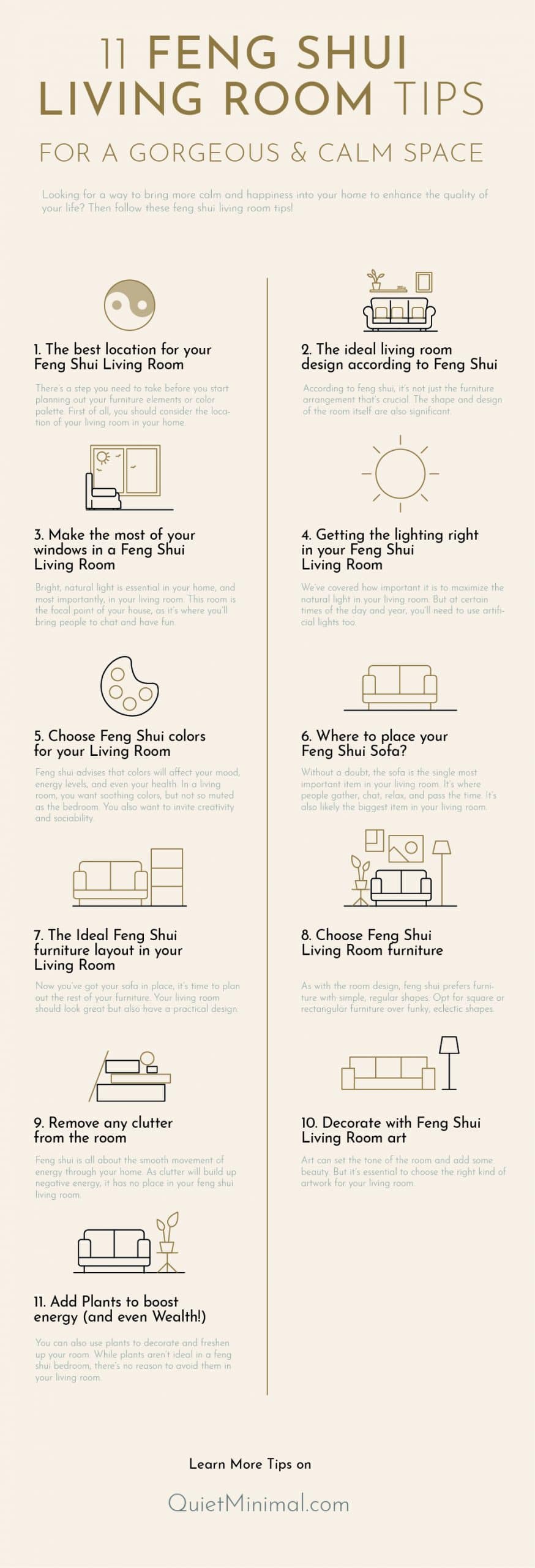
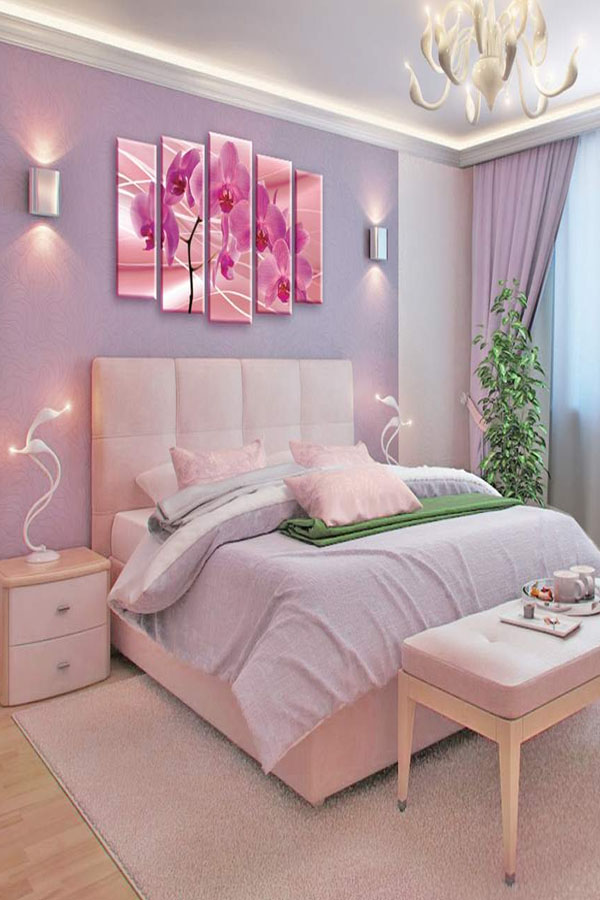


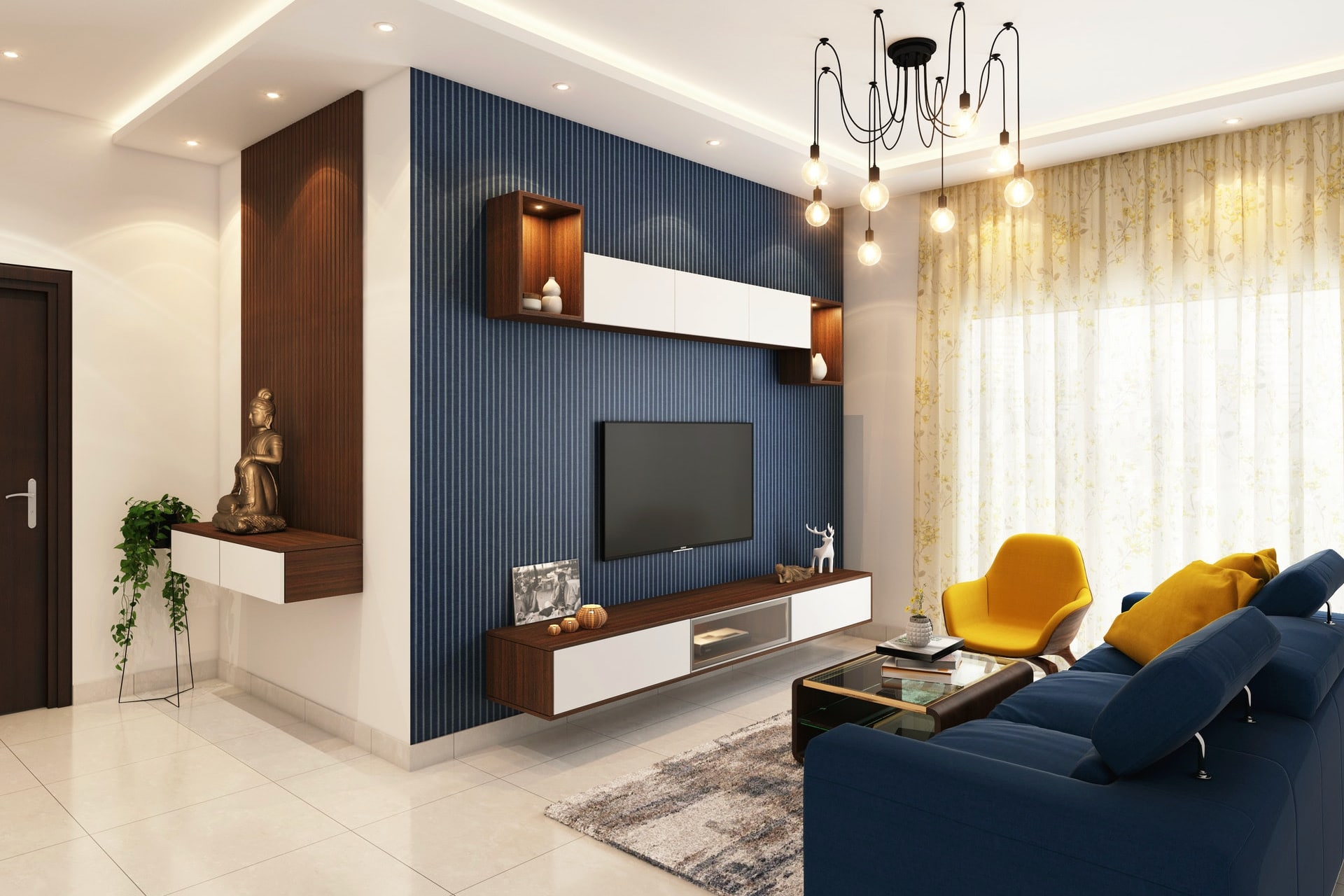

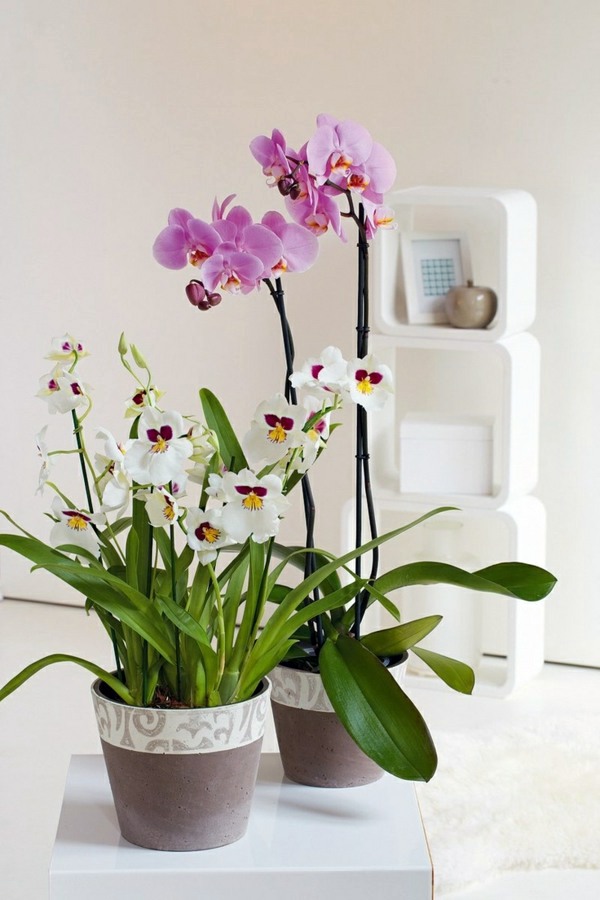
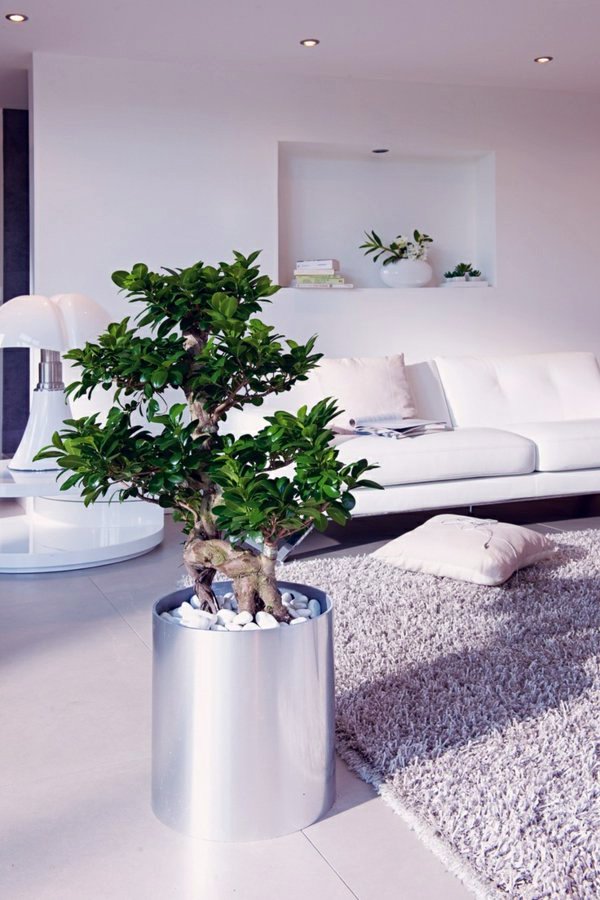




:max_bytes(150000):strip_icc()/Bespoke_Only_Pier_House_Dining_Room_011-91a00b40d810464389dbee572252af82.jpg)
:max_bytes(150000):strip_icc()/GettyImages-1038433622-5bd425f3ce084b82b79a2ae05da290bf.jpg)
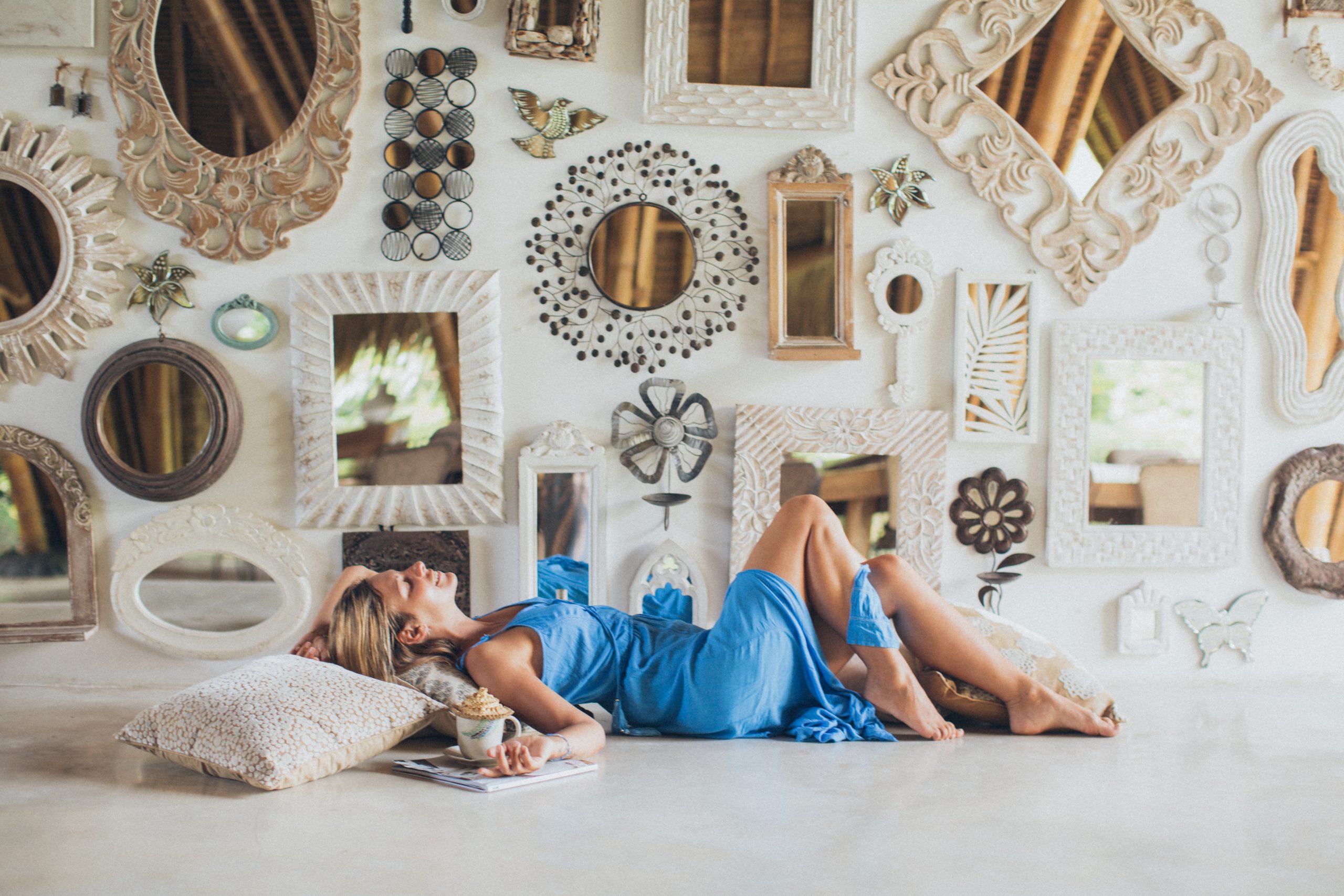


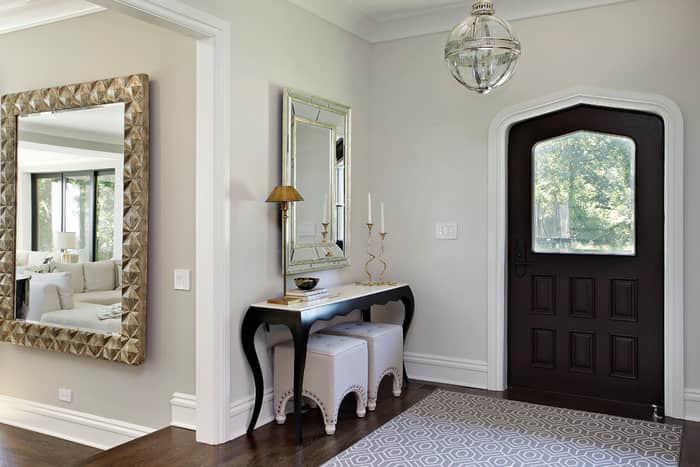


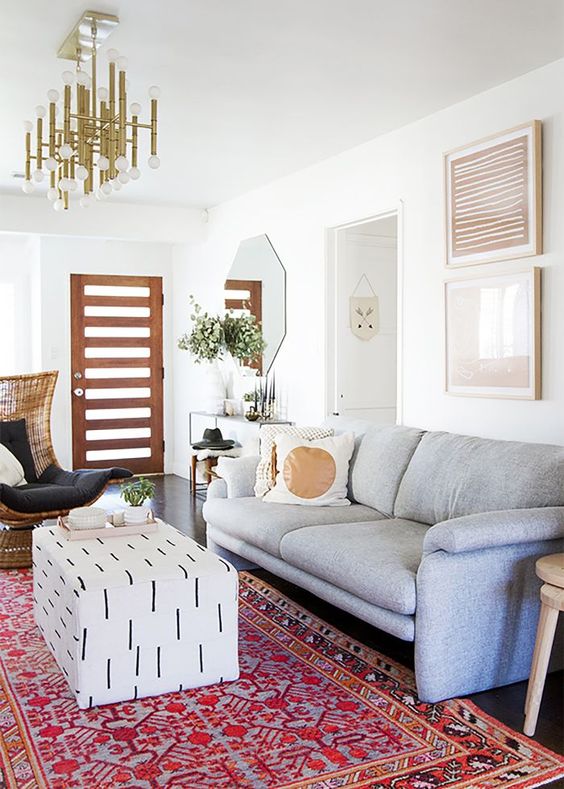




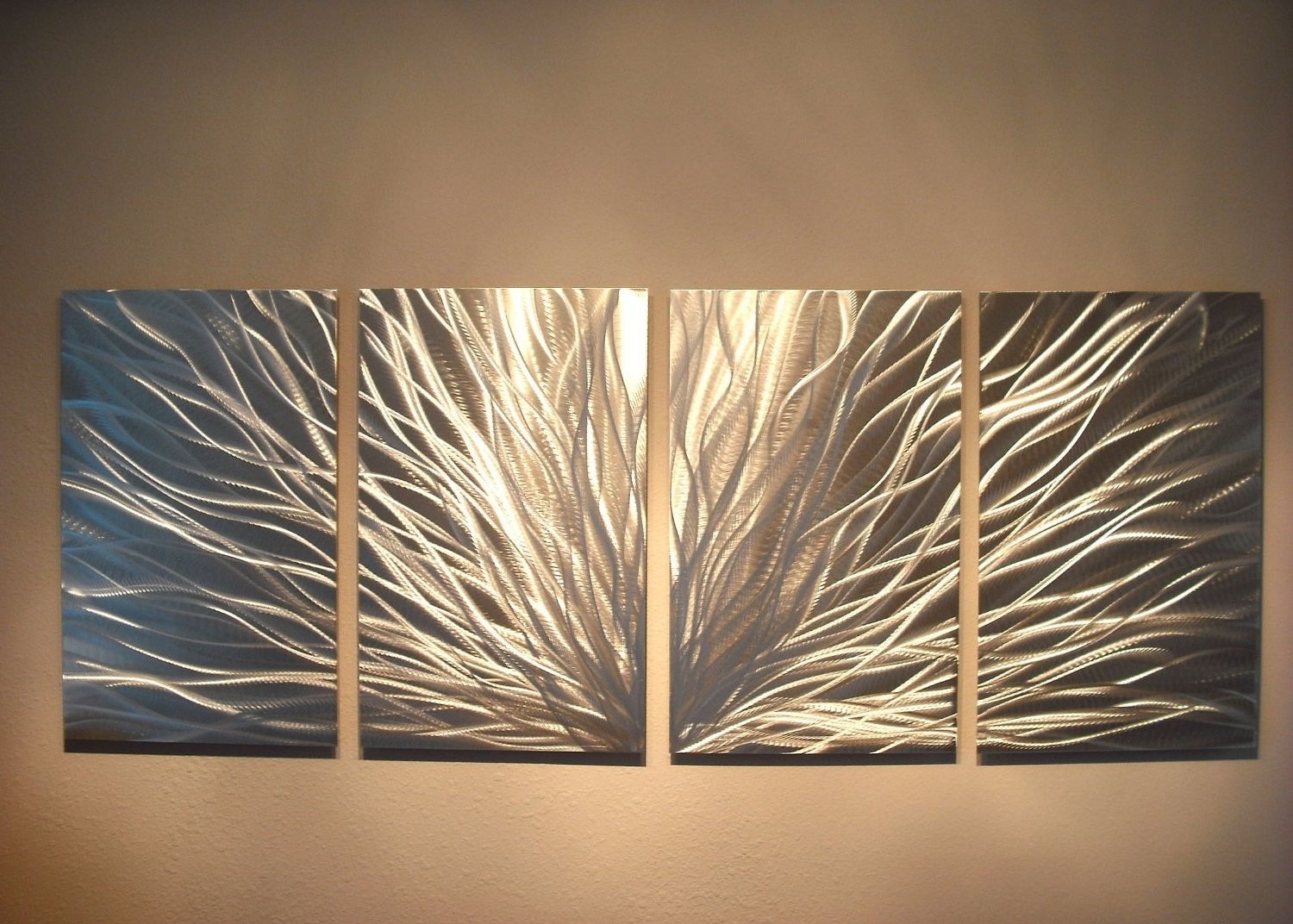
:max_bytes(150000):strip_icc()/sink-pipe-under-wash-basin-119001607-197a4387b0f64f3884899445b0f74573.jpg)
